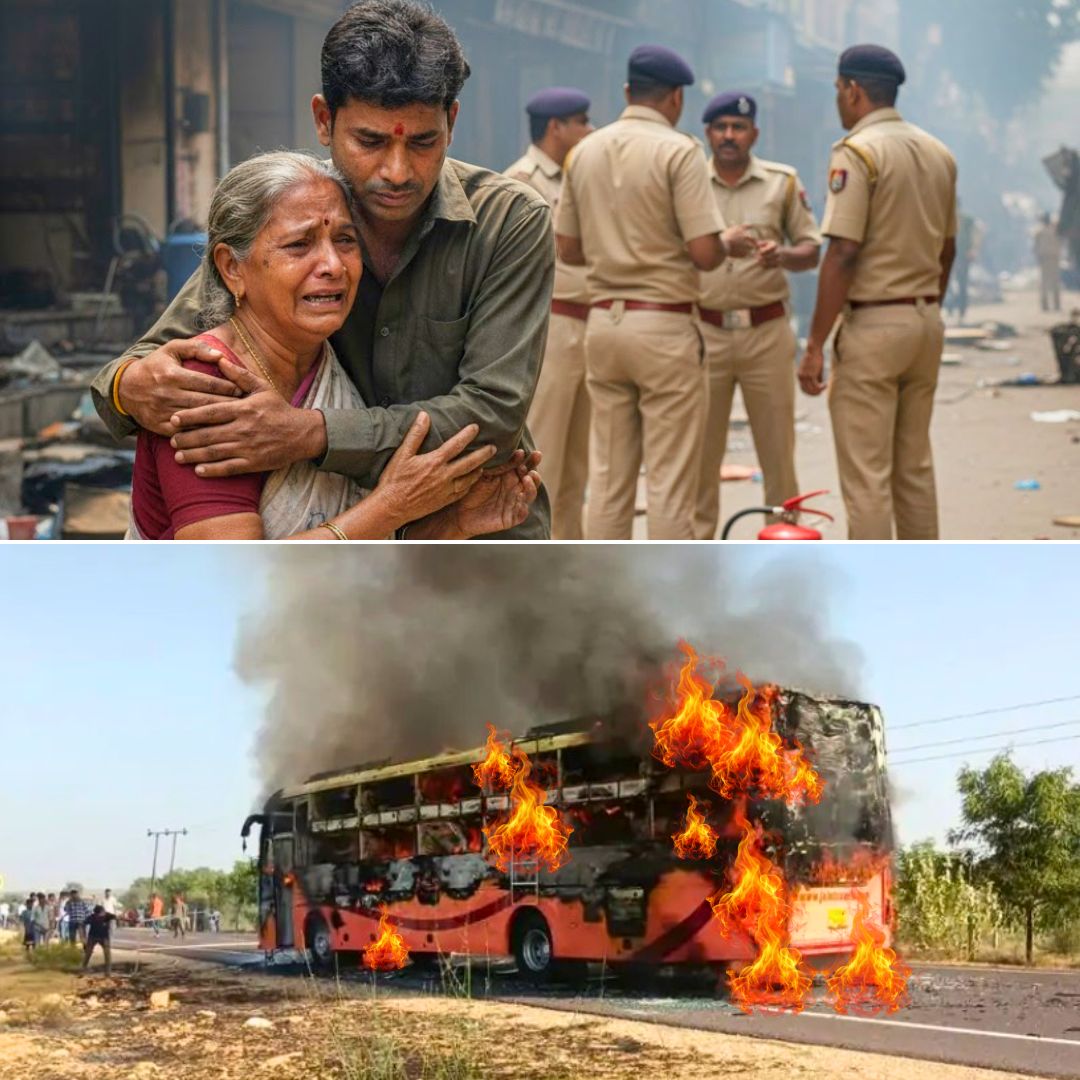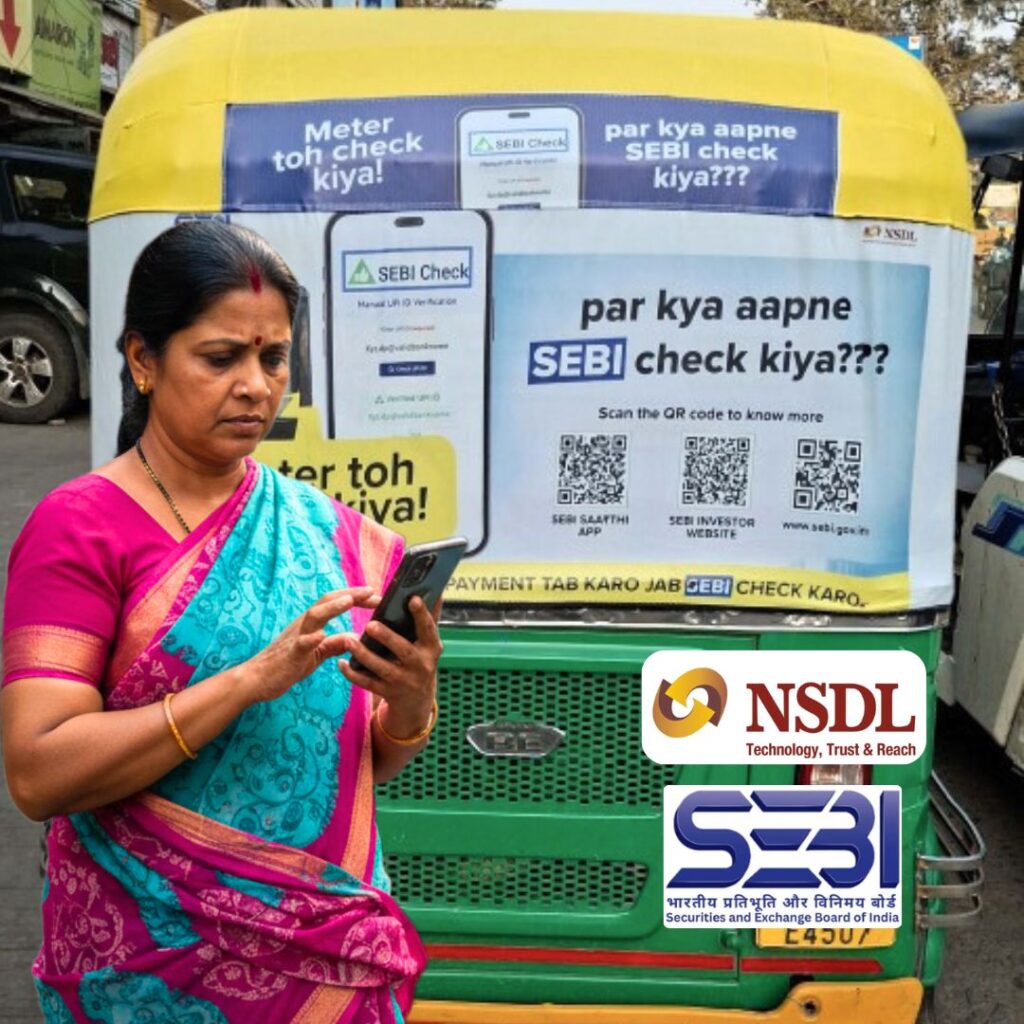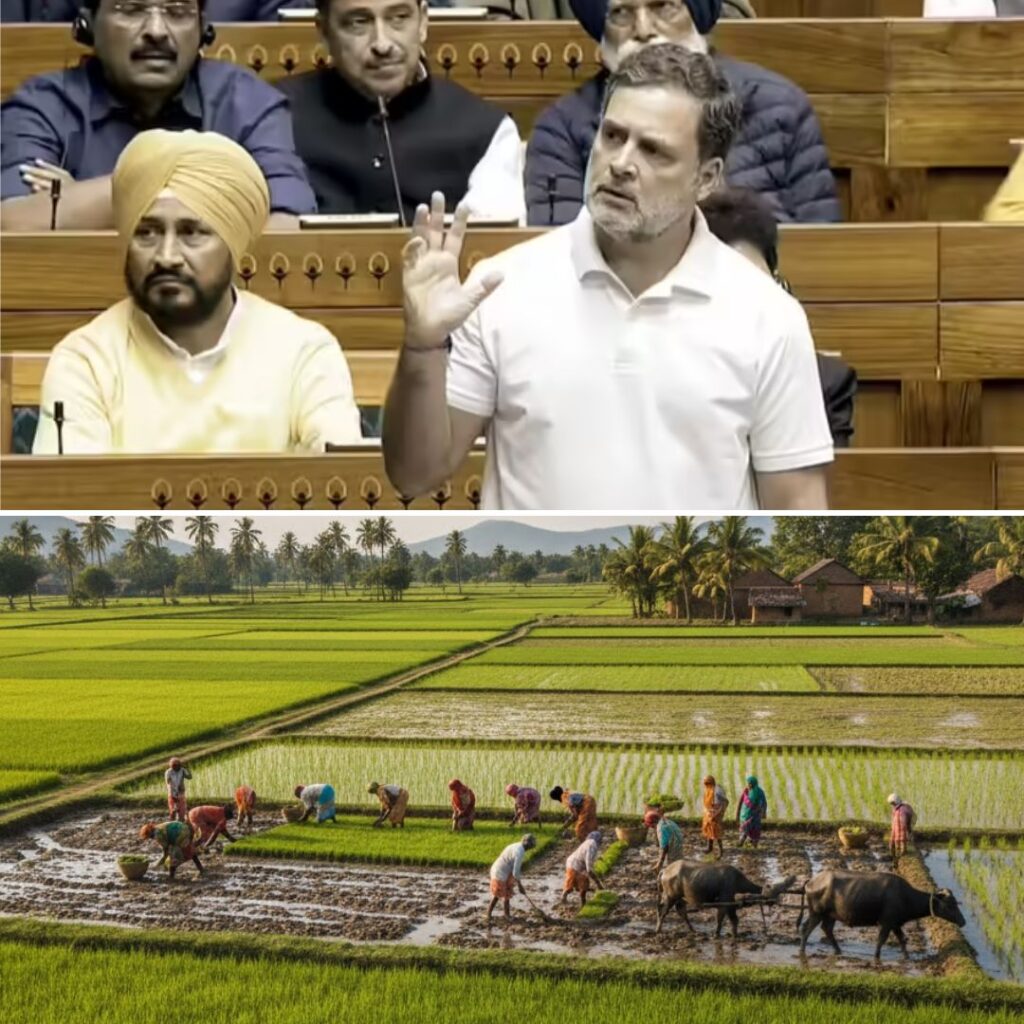A horrifying fire engulfed a private air-conditioned bus carrying 57 passengers from Jaisalmer to Jodhpur on the Jaisalmer–Jodhpur highway near Thaiyat village on October 14, 2025. This tragic incident resulted in the death of 20 people, including women and children, and left about 15 others critically injured with severe burn injuries, reportedly.
The fire broke out due to a suspected short circuit in the bus’s air-conditioning system. Rescue efforts involved locals, police, and military personnel, with injured individuals rushed to hospitals in Jaisalmer and Jodhpur. Officials confirmed DNA testing for victim identification while political leaders announced compensation and condolences.
Jaisalmer Bus Fire Casualties
The fire started suddenly as smoke emerged from the rear part of the bus, prompting the driver to stop immediately. However, within moments, the flames engulfed the entire vehicle, trapping many inside. Local villagers and passers-by were first to respond, assisting in rescue despite the intense fire.
The Army’s Battle Axe Division intervened early due to their proximity on military exercises, though body recovery faced delays as the metal remained extremely hot. Victims suffered burns up to 70%, and the gravely injured were sent to Jodhpur for advanced medical care.
Compensation of Rs 2 Lakh
The bus had been purchased merely five days prior to the accident, intensifying scrutiny of vehicle safety standards. Rajasthan Chief Minister Bhajan Lal Sharma inspected the bus wreckage and visited the injured late Tuesday night. A green corridor on National Highway 125 facilitated rapid ambulance transfers.
Forensic and DNA teams arrived to assist in the identification of many victims who were unrecognisable. Officials emphasised prompt medical care and issued helpline numbers to support affected families. Prime Minister Narendra Modi expressed deep sorrow and announced an ex-gratia payment of Rs 2 lakh for next of kin and Rs 50,000 for the injured.
The Logical Indian’s Perspective
This tragic event underscores the urgent need for stringent safety protocols in public transport, especially for long-distance travel in challenging conditions.
The Logical Indian urges authorities to enforce rigorous vehicle inspections and improve emergency medical response capabilities to save lives. Beyond policy, the community’s quick response reflects the power of human kindness in crisis.












